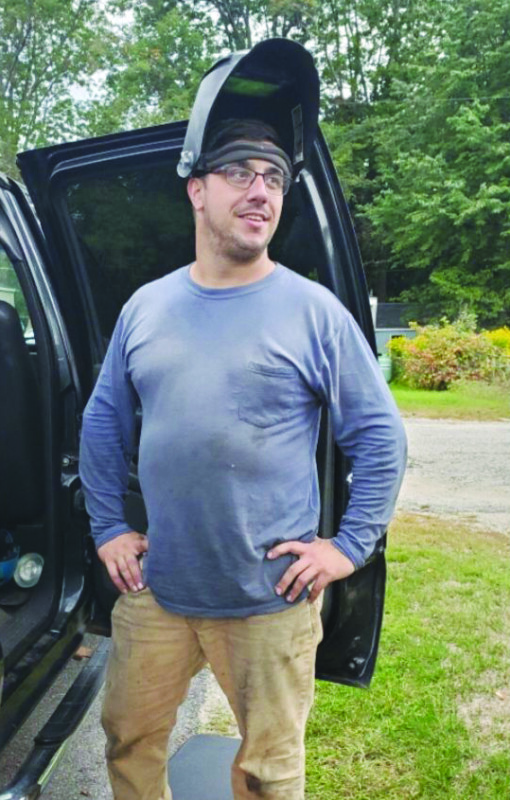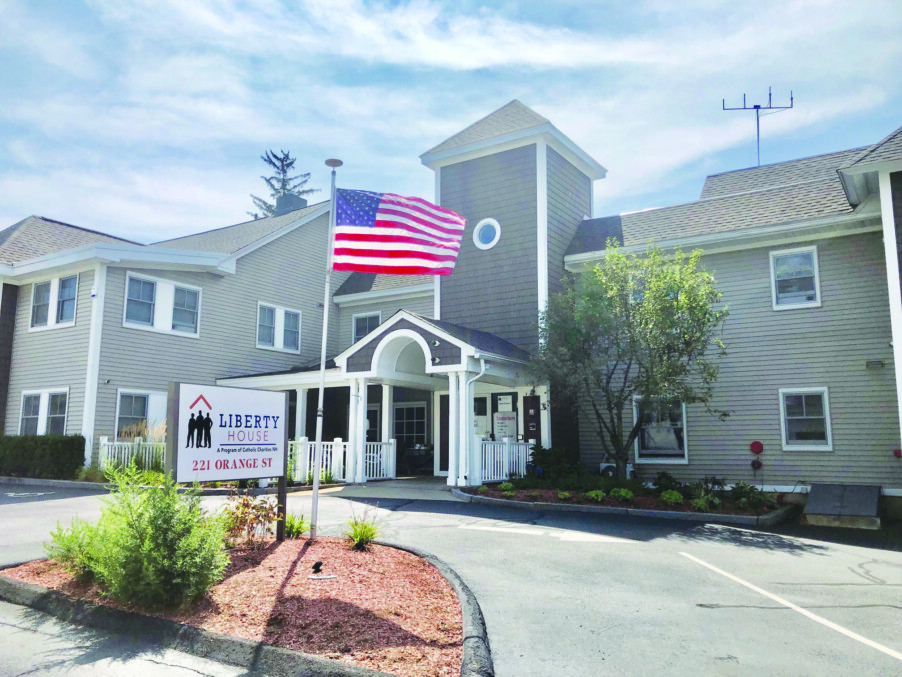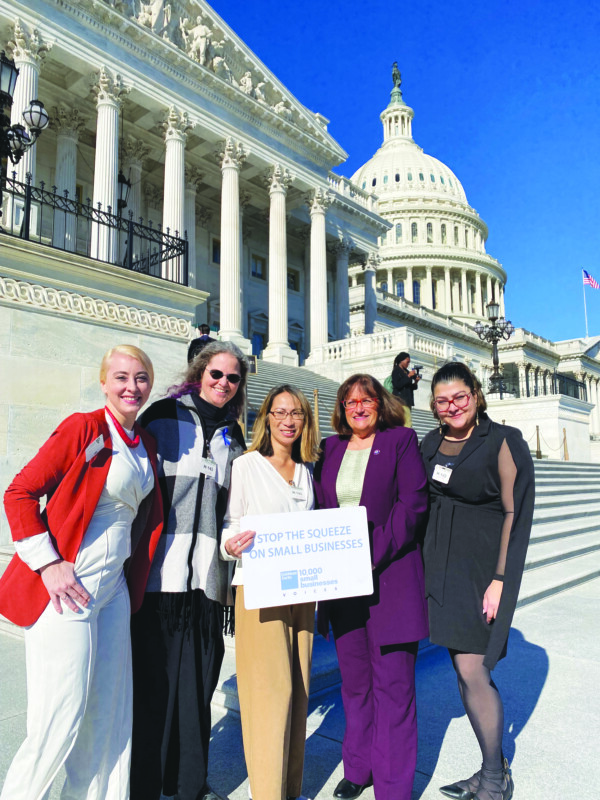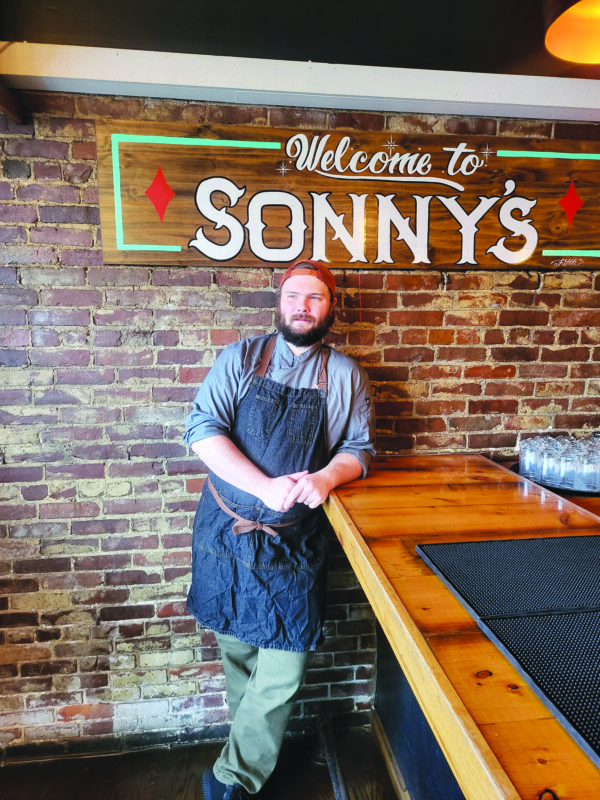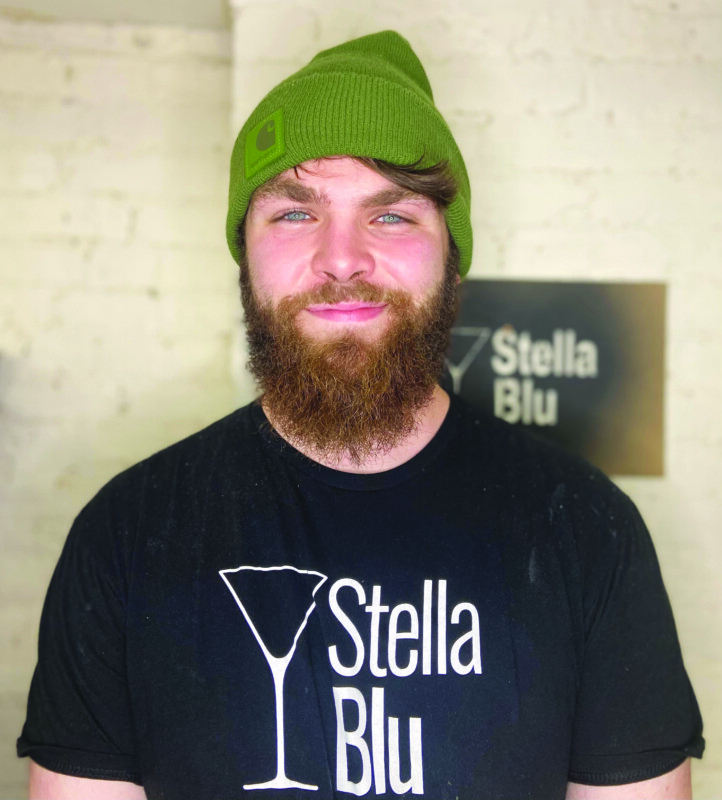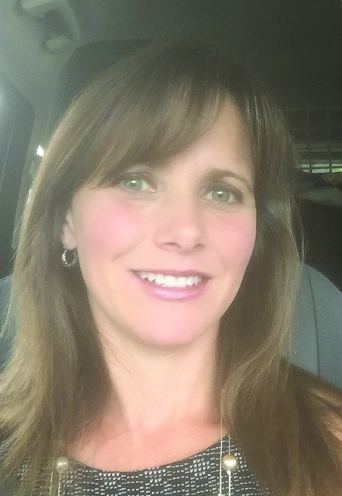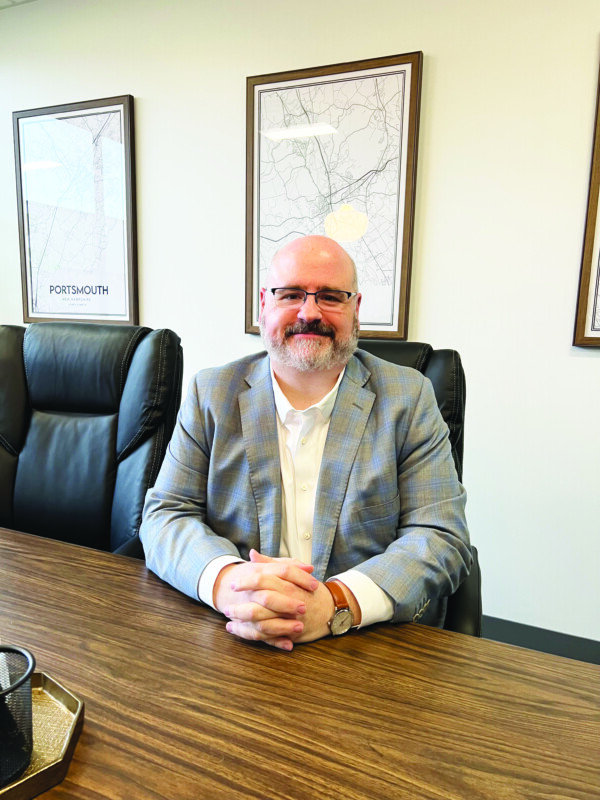Welder
Matt Lazzaro is the owner-operator of Matt the Welder in Derry.
Explain your job and what it entails.
There is no real typical day. Some days I’ll be making a railing; another day I might be fixing a broken plow. Part of why I like it is that there’s a good amount of variety.
How long have you been doing this?
I started the business about a little over three years ago, but I’ve been welding for close to 14 years now.
What led you to this career field and your current job?
I used to work in restaurants for a long time. And then I started having kids and the nights and weekends weren’t doing it for me. I knew a couple of welders and they seemed pretty happy. So I decided to go back to school for it.
What kind of education or training did you need?
I went to college and I got an associate’s degree in welding technologies. You don’t have to do that to get into welding, but it allowed me to get more mid-level jobs out of school.
What is your typical at-work uniform or attire?
Usually burnt shirts and pants and boots and gloves. Even all summer long, I have to be completely covered in boots, long pants and long shirts to protect from the sparks and the heat of the welding.
What is the most challenging thing about your work?
The most challenging is the back end part of it, like the books, answering all the calls and messages and giving price estimates and stuff. But I just do my best with it.
What do you wish you’d known at the beginning of your career?
I really wish I had known earlier how much more I enjoy working for myself.
What was the first job you ever had?
Bagging groceries.
What do you wish other people knew about your job?
I wish people knew the sacrifices that it takes to get to where I’ve gotten.
What’s the best piece of work-related advice you’ve ever received?
To show up when you say you’re going to show up and do what you say you’re going to do.
Five favorites
Favorite book: Trade magazines, like Ask This Old House.
Favorite movie: National Lampoon’s Christmas Vacation
Favorite music: ‘90s and early 2000s rap.
Favorite food: Cheeseburgers
Favorite thing about NH: The never-ending supply of rusty metal.
Featured photo: Matt Lazzaro. Courtesy photo.

